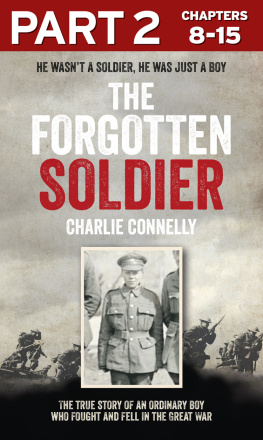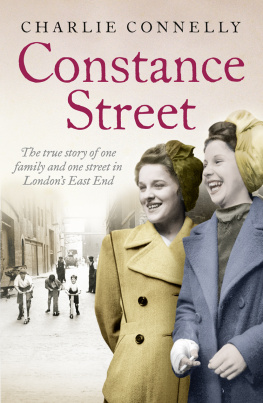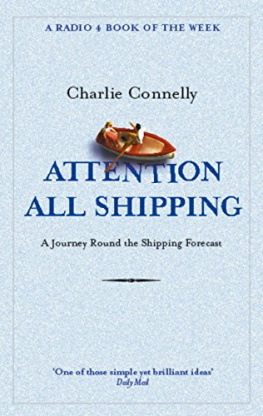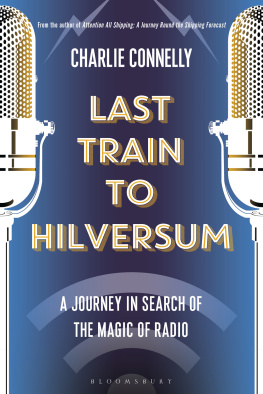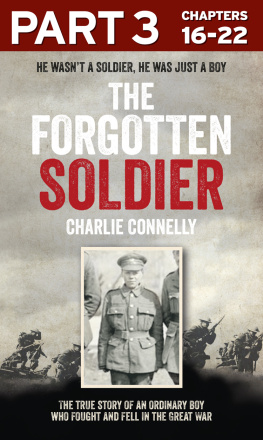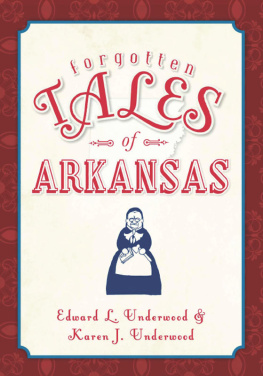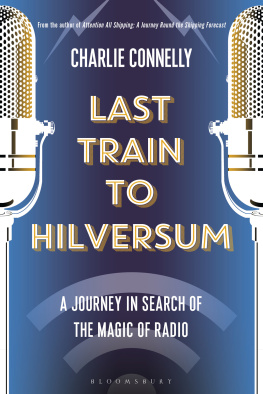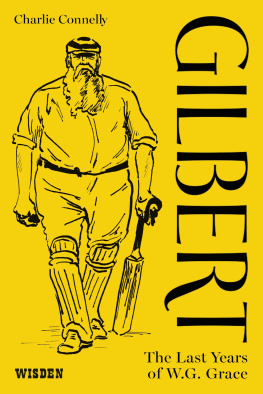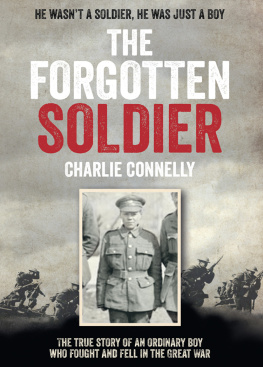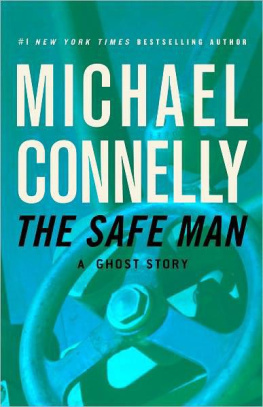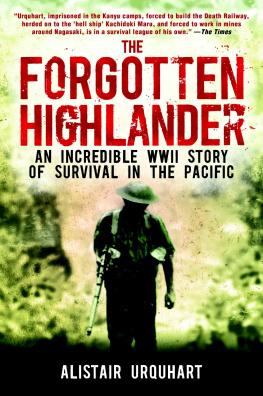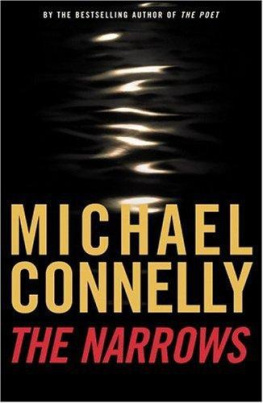All rights reserved under International and Pan-American Copyright Conventions. By payment of the required fees, you have been granted the nonexclusive, non-transferable right to access and read the text of this e-book on screen. No part of this text may be reproduced, transmitted, downloaded, decompiled, reverse engineered, or stored in or introduced into any information storage retrieval system, in any form or by any means, whether electronic or mechanical, now known or hereinafter invented, without the express written permission of HarperCollins e-books.
8
The stone cross of the Boughton Aluph war memorial stood silhouetted starkly against the sky, with around thirty names from the First World War, including three sets of brothers.
I couldnt really define why but there was something particularly forbidding about this memorial. It could have been that the sun had gone in, the wind was whipping up and the late afternoon was turning chilly. Boughton Aluph has a large, triangular green, with houses and a pub on two sides embracing the village cricket field. The memorial stands away, on the furthest part of the green, facing away from the houses, with its back to the pub and cricket pitch. The image of its simple cross, stark against the grey sky as Id approached, stuck with me, and later I investigated some of the names on the stone. They ranged from the teenaged to the middle-aged, and their deaths covered every year of the war (one man had even died in 1920, the result of injuries and shock sustained by being wounded and buried alive in a shell explosion).
There are thousands of these memorials in Britain (estimates of their numbers range wildly between 54,000 and 70,000), each of them the gateway to stories and lives, some remembered, some forgotten. Every one of those thousands of memorials can be taken individually, and a narrative of the Great War constructed from them from vast, ornate, mournful angel-topped plaques listing hundreds of dead in the centre of a city to a handful of names on a simple stone in a remote hamlet, the story of one is the story of them all. The story I was pursuing is multiplied millions of times over by every man that went to war and never came back, every name on every last weather-beaten, forsaken, moss-smeared tablet that commemorates the fallen.
Continuing east I crossed the Great Stour, paused at the level crossing and arrived in Wye, grateful for a bed and a warm eyrie room high up in the Kings Head. The window afforded a view across the rooftops to the giant crown carved into the hillside chalk to celebrate the coronation of Edward VII in 1902, as the nation came to terms with the end of the Victorian age and ushered in the Edwardian.
Early the following morning I found myself standing above the crown looking back at Wye from the opposite aspect. I continued over the top of the Downs through the villages of Stowting and Etchinghill, before arriving in Folkestone.
There was a chill in the streets as the sun slipped down behind the buildings, and after checking in at the hotel I headed into the town to find somewhere to eat. I walked into a restaurant where the only other occupants were a family group of about a dozen people, all of whom stopped talking and looked at me as I entered. The place was run by an earnest, suited man in his thirties who had the air of someone whose ambition had been something more than a small back-street establishment on the south coast. He was attentive and his manner was very proper, but there was a tired sadness about him. The suit didnt quite hang right, while his expression and complexion betrayed late nights and long melancholy days spent looking outside to a betting shop and a pawnbrokers, rather than a piazza or an azure sea.
The party at the next table stood up to leave in a flurry of hugs, good wishes and exhortations to come back safe to a young man with dark hair and red cheeks. A woman turned away to roll a tissue under her lower eyelids, then switched on a beaming smile and turned to hug the young man long and hard. For most port towns the wrench of departure is a way of life, and that night it certainly appeared to be a feature of Folkestone. Wherever that young man was going, wherever he is now, he and everyone around that table would remember that night for a long time: the forced banter, the anecdotes, the nervous laughter, the awkward silences and in every mind the sound of the clock ticking down to inevitable departure.
Folkestone saw more than its fair share of departures during the First World War. Somewhere north of ten million people passed through Folkestone between 1914 and 1918, mostly soldiers but also some 800,000 Red Cross and nursing staff, and around 3,500 German prisoners of war. Countless others came back temporarily on leave, or for hospital treatment and convalescence. Walking back to my hotel through the deserted Monday-night streets where crisp packets and coffee cups were pushed around lazily by the breeze, it was hard to imagine this place as a key node in the winning of the war. When we think of the famous places of the First World War its fair to say that Folkestone lags considerably behind Ypres and Gallipoli, but it would be very wrong to underestimate the role it played throughout the conflict and the impact the war had on the town.
Folkestone found itself involved almost immediately war was declared, and in an unexpected way. Within a few days, wrote J.C. Carlile in an account of Folkestones war, published within months of the armistice, 285 German reservists arrived at the harbour to join the Kaisers forces. They were detained on the grounds that the time allowed for enemy aliens to leave the country had expired. They did not seem distressed by the news.
Life in the town kept up a veneer of normality, but being so physically close to the fighting it was inevitable that the odd nervous glance found its way towards the horizon. For one thing, when the wind was in the right direction the guns of the Western Front could be heard along much of the south coast.
The air was thick with alarms, wrote Carlile. There was a vague dread of something terrible nobody was quite sure what. The coming of war cleared the roads of the pleasure cars that used to run by the river and through the lovely countryside to Canterbury, the cradle of English history. The sportsmen no longer followed the hounds, they went to face the Huns. The days became serious. Men looked over the seas with a touch of apprehension and before the end of the year the light of the moon was no longer a delight. The little comedy of life was blotted out by the tragedy of war.
While most of the traffic through Folkestone was heading further south, there was some movement the other way. When in August the first Belgian refugees arrived in the town in a pathetic flotilla of fishing boats and coal barges, the reality of the conflict was immediately brought home to the people of Folkestone. So traumatised were the Belgians that some even refused to leave the boats when they arrived, staring glassy-eyed and terrified at the locals gathered on the quayside to receive them.

